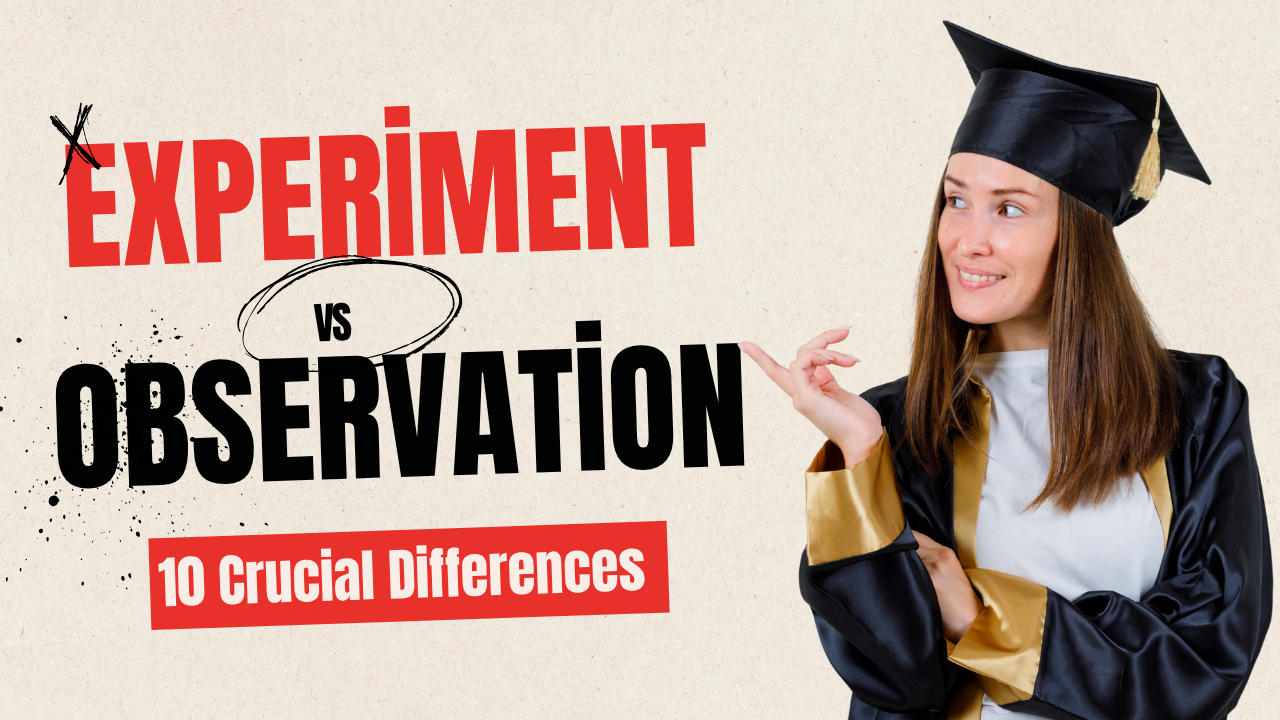08May

Completing a PhD is a monumental journey — one filled with curiosity, discovery, and an inevitable mountain of hard work. Yet, it’s often the final push — Writing Up Your PhD — that feels the most daunting. You’ve gathered data, reviewed literature, developed arguments, and possibly published papers. Now, it’s time to put it all together into one cohesive document. Whether you’re months away from submission or just getting started on Writing Up Your PhD, this blog offers practical, motivational, and strategic advice to help you power through the final phase of your PhD.

Many PhD scholars underestimate the complexity of writing the final thesis. After years of research, one might assume the writing will flow effortlessly. However, writing up a PhD involves more than compiling chapters — it demands clarity, structure, and stamina.
Common challenges include:
Understanding these hurdles is the first step. Overcoming them is the next — and that’s where these tips come in.
Writing 60,000 to 100,000 words can feel overwhelming. Instead of focusing on the final word count, break your thesis into manageable parts.
Create mini-goals such as:
Use project management tools like Trello, Notion, or a simple spreadsheet to track progress. Visualizing your advancement is a powerful motivator.
Consistency beats intensity when it comes to writing. You don’t need 12-hour writing days — you need focused, distraction-free sessions.
Try the following:
By sticking to a writing routine, you reduce mental resistance and create a habit of daily progress.
Your environment affects your focus. Create a physical or digital space that signals: “It’s time to write.”
Optimize your space:
If your home is distracting, consider working in libraries, university study rooms, or coworking cafes.
Many PhD students fall into the trap of perfecting each paragraph before moving on. This slows progress and increases burnout.
Instead, adopt a two-phase approach:
Remember: A rough draft can be improved. A blank page can’t.
By the time you’re writing up, your thesis likely involves hundreds of citations. Manually formatting references is time-consuming and error-prone.
Use tools like:
These tools automatically insert and format citations in your preferred referencing style (APA, MLA, Chicago, etc.). They also make it easier to switch styles if required by your university or publication.
As you compile your chapters, it’s easy to drift from your original aims. Keep your research questions and objectives front and center.
Ask yourself:
Consistency and coherence across chapters are essential for a strong thesis.
Don’t wait until your thesis is “perfect” to share it with supervisors or peers. Sharing early drafts can help you:
Join writing groups or peer-review circles if available. Constructive feedback helps reduce isolation and improve quality.
Your thesis is important — but not more important than your well-being. Exhaustion and burnout can derail even the most determined scholars.
Stay balanced by:
Writing is a marathon, not a sprint. Take care of your body and mind to sustain productivity.
Many universities reject or delay submissions due to formatting issues. Ensure your thesis meets institutional requirements for:
Proofread thoroughly or consider hiring a professional proofreader — especially if English is not your first language.
When motivation dips, remind yourself: You’re almost there.
Visualize:
These small mental images can reignite your drive. You’ve come too far to stop now.
Academic integrity is crucial. Even accidental overlaps can cause delays or rejections. Use plagiarism detection tools like:
This final step ensures your work is original and publication-ready.
Writing Up Your PhD thesis may be the toughest part of your academic journey, but it’s also the most rewarding. With structured planning, consistent effort, and self-compassion, you can cross the finish line successfully. Remember: Writing Up Your PhD isn’t about creating a perfect thesis—it’s about completing a strong, clear, and original piece of scholarly work. And you’re absolutely capable of doing that.
Kenfra Research understands the challenges faced by PhD scholars and offers tailored solutions to support your academic goals. From topic selection to advanced plagiarism checking.
Image processing is a famous exploration field that arrangements with various applications and its processing. It is explicitly utilized in... read more
Indian Institute of Technology Mandi IIT Mandi, officially known as the Indian Institute of Technology Mandi, is one of the... read more

The fear of PhD thesis rejection is a common yet deeply unsettling experience for many doctoral candidates. After years... read more
The University Grants Commission (UGC) 12B status refers to the recognition given to higher education institutions in India. The UGC... read more
The PhD Project is a non-profit organization that was created to increase the diversity of business school faculty. This organization... read more

In research, choosing the right approach can make or break your study. Two of the most common methods are experiments... read more
To meet Sustainable Development Goals , 260 institutes to offer courses in climate change - Kenfra It's commendable that there is... read more
WhatsApp us
Leave a Reply